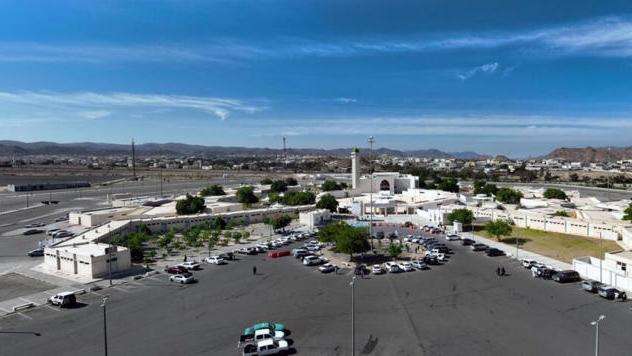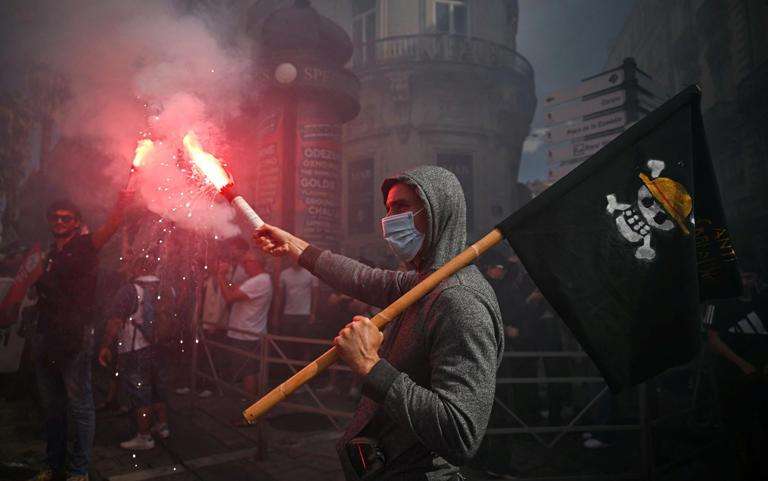France is in the grip of widespread political and social upheaval as thousands of protesters, galvanized by the viral "Bloquons Tout" ("Block Everything") movement, clashed with police across the country. The demonstrations, which saw nearly 300 arrests in the first few hours, are a direct challenge to the government of President Emmanuel Macron, who recently appointed his fifth prime minister in less than two years. The new premier, Sébastien Lecornu, a close Macron ally, has been met with a baptism of fire on his first day in office.
The current crisis stems from deep-seated public anger over proposed austerity measures aimed at tackling France's ballooning public debt, which stands at 114% of GDP. Former Prime Minister François Bayrou's government was ousted in a confidence vote after his €44 billion debt-reduction plan, which included freezing welfare spending and scrapping public holidays, was rejected by the National Assembly. This political deadlock highlights a broader sense of disenfranchisement with the ruling elite and the perceived dysfunction of the French political system.
A Movement Without a Head
The "Block Everything" movement, which initially emerged from right-wing groups online, has since been adopted by left-wing and far-left factions. It lacks a centralized leadership, making it a spontaneous and unpredictable force. Its tactics, which include disrupting traffic with barricades of burning tires and bins, and attempting to occupy public spaces, have been compared to the 2018 "Yellow Vest" protests. While the current unrest has not reached the same level of intensity, it has caused significant disruptions in major cities like Paris, Nantes, Montpellier, Marseille, and Lyon. In Paris, firefighters worked to clear burnt objects from barricades near a high school, and police used tear gas to disperse crowds.
French Interior Minister Bruno Retailleau deployed an unprecedented 80,000 security forces nationwide, including 6,000 in Paris, to counter the disruptions. Despite the massive police presence, the protests have exposed the government's vulnerability. As one union representative, Fred, put it, "It's Macron who's the problem, not the ministers...he has to go." The protestors' grievances go beyond just the budget, reflecting a wider discontent with Macron's leadership and his pro-business agenda.
France's Political Conundrum
The repeated government collapses—four since 2022—highlight the gridlock in the French parliament, where Macron's party lacks an absolute majority. The appointment of Lecornu, a centrist figure, is seen by many as a defiant move by Macron, who is resisting pressure to form a broader coalition or appoint a more left-leaning premier. This political maneuver risks alienating both the left-wing New Popular Front, which holds a plurality of seats, and the right-wing opposition. The ongoing political instability and popular anger could benefit the far-right National Rally, led by Marine Le Pen and Jordan Bardella, who are already gaining momentum and pushing for fresh elections. As France's new prime minister begins the difficult task of drafting a new budget, the country is grappling with a profound sense of political crisis, raising questions about the future of its political system.


_7.jpg)

_8.jpg)


.svg)
